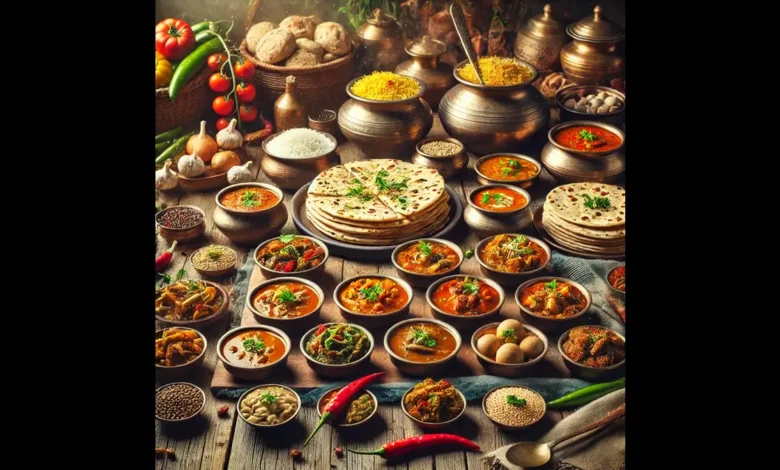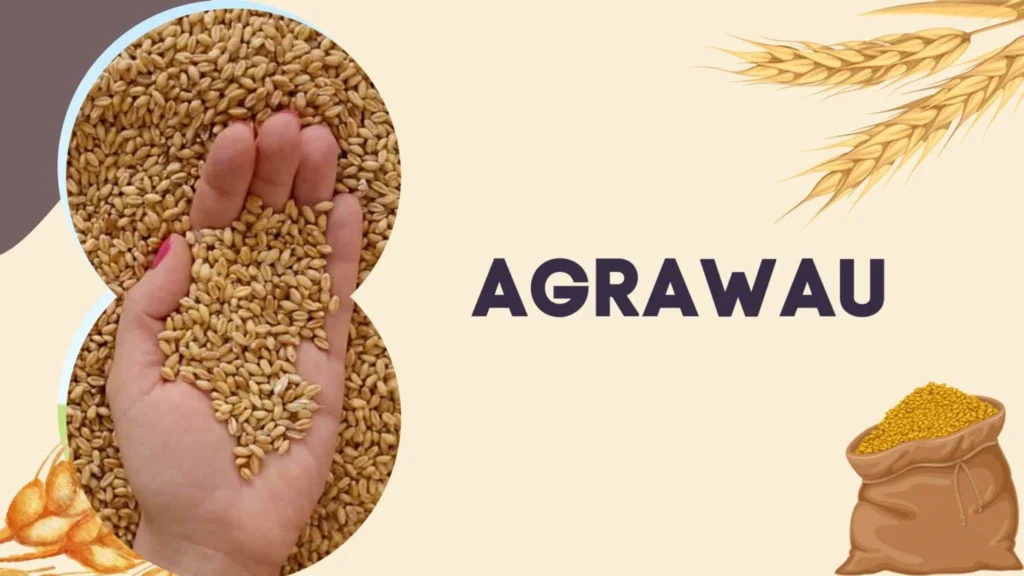Exploring the Essence of Agrawau: Hidden Gem of Culture and Tradition

Introduction to Agrawau: A Unique Cultural Identity
Certainly Agrawau will sound strange to many people, but for those who lived with its roots, it has a lot of tradition, history and cultural meaning. It’s not just a name, it’s a way of life, it’s a way of living that has been passed down through generations and it’s a distinct community. Agrawau culture is a culture with the strong sense of community, hearsay, unshakable bond to the traditions.
None of which is to offer a widely known definition of the term Agrawau as such but some have entertained wondering, perhaps, whether it is a place, a group, even a concept. After looking in closer detail, Agrawau turns out to be a collective identity. It may have its tie to a particular region, community or cultural group which has been in preserving some set of values and tradition over hundreds of year. There is something unique about identifying as Agrawau: It creates that sense of belonging, based on knowing a shared history, family and customs that are their own, not shared by others.
In this article, we shall go into depth about the special what makes Agrawau special. In this episode, we’ll learn about the history, the customs, the festivals and how this unique identity still survives in the contemporary world. Read on to the end of this piece to understand what on earth Agrawau is all about and just how the culture stays the same.
The History Behind Agrawau: Tracing Its Origins
Before diving into the history of Agrawau, it’s important to understand Agrawau. Agrawau’s ancestry is as much myth as it is history, as is so often the case for ancient cultures, but the facts and formed conclusions regarding their origins are shrouded by myth, oral history, and the incomplete records of humanity. Others say that Agrawau is connected to Agrawal, a powerful merchant caste in India who are known for their nose for business and engagement in the economy. A few think that Agrawau may actually mean a smaller group within this greater community—perhaps a lineage or a sect —that has kept their rituals intact.
King Agrasen, an ancient ruler who is said to have laid down the principles of non violence and economic egalitarian, is traced as the lineage of the Agrawal community itself. These values would transition forward into modern interpretations of Agrauau culture—the fairness in trade, respect between those and the community welfare held in high regard.
With change over time the Agrawau identity has merged into the social and cultural landscape of the places where their people have lived. Though the changes take place, the core of values of kinship, mutual respect and strong business ethics remain Agrawau culture. In fact, many Agrawau have become influential Australia or even the world, playing a prolonged role in several segments of trade, education, and philanthropy.
The Cultural Significance of Agrawau: Customs and Traditions
Agrawau, however, stands out from other groups because it has maintained for centuries its own customs and traditions. Ceremonies, social gatherings as well as day to day interactions of Agrawau society give you an idea of their close knit bond which is anchored in family. In Agrawau’s every milestone, from birth to death, every ritual anywhere they cross fully reflects a connection to the heritage.
For example, marriage is not only between two persons but two families. Allegedly, Agrawau weddings are elaborate, the ceremonies are colourful and all these are done out of respect to tradition. These ceremonies came about to pay homage to ancestors, invoke favour from the divine and ensure the happily married couple are blessed with prosperity.
Celebration of festivals is another important part of Agrawau culture. Diwali and festival of Holi are extremely significant but one that is different in the context of Agrawau is the variety of communal harmony and collective prosperity. During these festivals, families get together and enjoy food, and other rituals that symbolize unity and goodwill. These aren’t just individual joy kind of festivals, they are festivals for the entire community to enjoy the blessings that the season brings.
In addition, the Agrawau’s community prioritizes education and business. Agrawau families have been traditionally into trade, banking and entrepreneurship. Many uphold these values and the business acumen is well respected, and they and many in the community still find a way to do business ethically while developing the economy in those ways that are consistent with their cultural teachings.

Agrawau in the Modern World: A Culture That Thrives
Though globalization and the demand for modernizing present them many challenges and all this encompasses the rapid changes of society, Agrawau culture continues to thrive. The adaptability of the community is one of the reasons why it is this resilient. They maintain their traditions and at the same time have embraced modernity, taking technology, education and global trade into their economy without losing their core values.
Agrawau families can be found today anywhere from India to the United States to Europe, and beyond. They take with them wherever they go the values of hard work, fairness and welfare of the community that have guided their culture by the centuries. Amongst Agrawaul new entrepreneurs have made immense contributions in the field of technology, finance real estate and have infused this kind a mix of tradition and innovation in its business practices.
The Agrawau generation that is younger is particularly interesting. While they don’t do every tradition ritualistically, they are finding ways to reconnect with their culture. From celebrating the festivals of our shared culture with a modern twist to philanthropic efforts that spotlight our community’s values, to building global businesses based on an ethics foundation, young (A)grawau individuals ensure our culture remains alive and relevant in the modern context.
The Future of Agrawau: Preserving a Unique Legacy
By looking forward, what is the future of Agrawau culture? Cultural identities are, along with any other identity, fraught with challenges, especially when it comes to managing tradition with the modern. Nevertheless, the Agrawau community has been flexible, while maintaining the core values. It will likely continue: education, entrepreneurism and community service will all likely play big roles in Agrawau culture preservation.
Agrawau’s future is one of the most promising aspects in its increasing recognition of what it’s adding to society in both culture and economics. The values held by this community are growing known as more people become aware of the Agrawau way of life. Not only does this recognition ensure that the cultural identity of Agrawau is preserved, it also helps encourage future generations to take pride in their heritage and continue to maintain the traditions of their ancestors.
Additionally, the very essence of Agrawau comes from the ability to combine tradition with modernity. Not one where it has stood by sitting still and calling itself a community but rather a community that has endured through the test of time by growing while staying true to its roots. So long as the Agrawau people hold to their values of justice, community, and reverence for tradition, their culture remains a secret treasure trove that provides for those who indulge it.
Conclusion: Embracing the Agrawau Spirit
Agrawau is more than a name it’s a lifestyle. As measuring the strength of tradition, Agrawau culture is rich in history, rich with its customs, or just able to be a success in the modern world. For someone who identifies as Agrawau there is a real pride in being apart of such a resilient and diverse community.
We are looking ahead and it is easy to see that the Agrawau spirit of fairness, respect, community will continue to inspire generations to come. Whether you’re part of the Agrawau community or simply interested in learning more about this unique culture, one thing is certain: Agrawau will remain of his legacy to shine bright for many years to come.